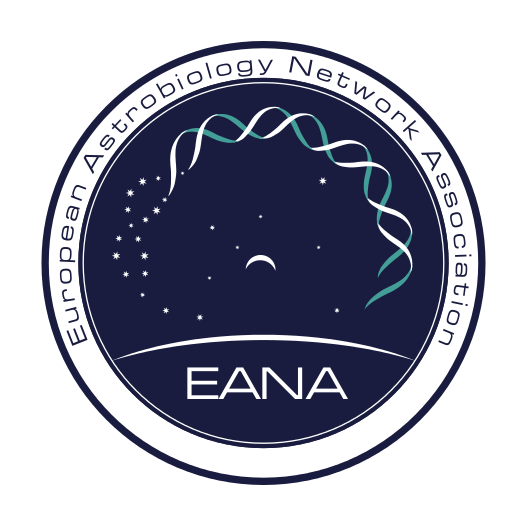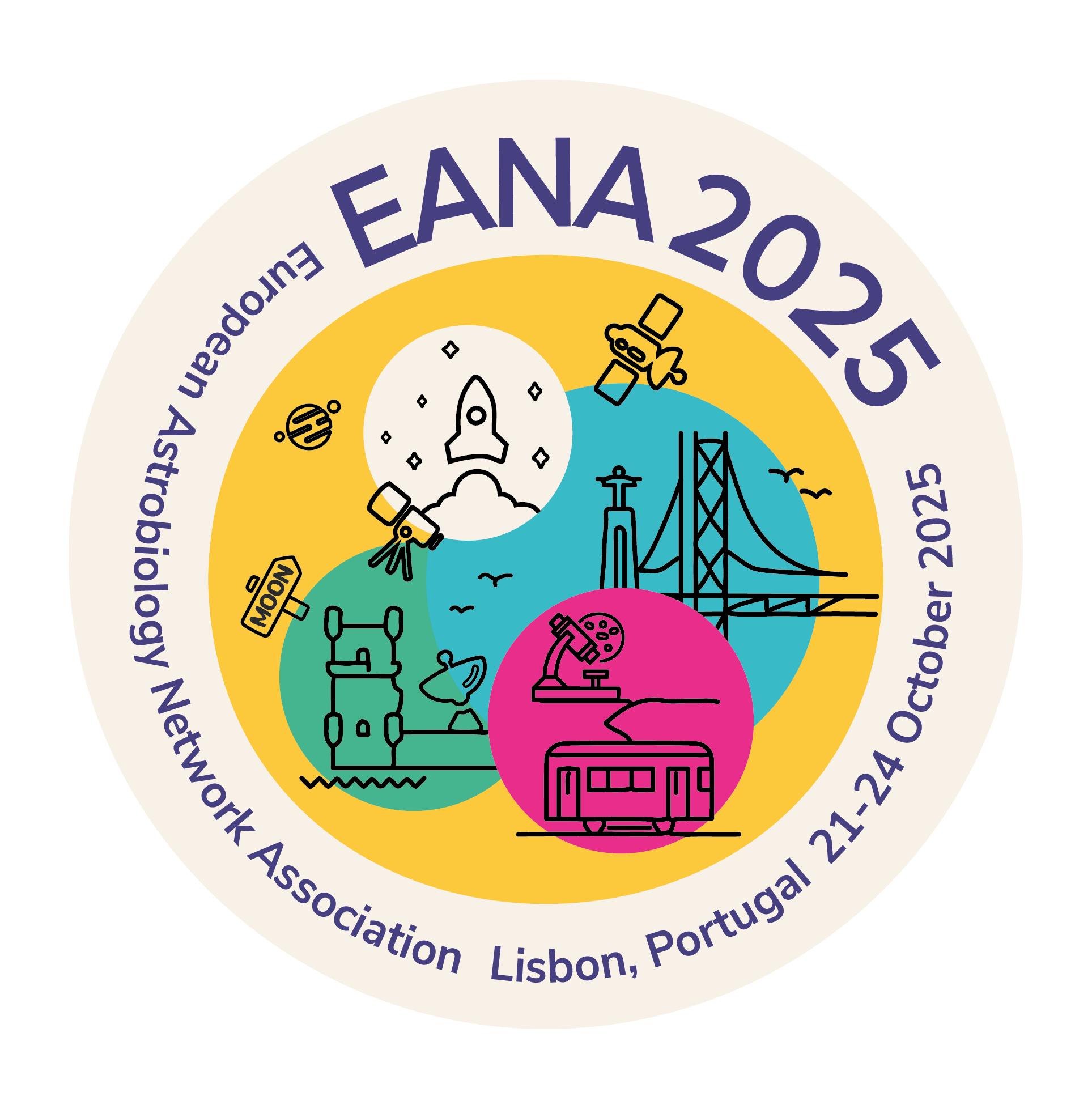 |
Abstract EANA2025-49 |

|
Evaluating Aspergillus niger for Space Biotechnology – Growth and adaptation in simulated Mars surface conditions
Space missions face major challenges, including limited resources, extreme environments, and the difficulty of sustaining life over long durations. On Earth, fungal biotechnology plays a vital role in several industries, including food production, waste management, and medicine. Utilising fungal biotechnology in space can help to minimise required resources, guarantee sustainability, secure astronaut health and increase the crew’s independence from Earth.
To determine the growth and survival of A. niger under simulated Mars surface conditions, fungal spores were grown in minimal media supplemented with different concentrations (0%, 20%, 40%, 60% (w/v)) of Mars global regolith simulant (MGS-1) and exposed to simulated Martian gravity (0.38 g) by inclined clinorotation and UV-C radiation (LD50, LD90). Supplementation with regolith led to increased growth by 78% (2.9 cm2 vs 5.3 cm2) and an increased spore production by 82%. To further improve our understanding of fundamental fungal adaptation mechanisms to Martian regolith, gene expression was assessed via RNA sequence analysis.
This study reveals the ability of A. niger to grow under simulated Martian conditions. Such findings can help to determine how A. niger may be used as a valuable asset for in situ resource utilisation (ISRU) during future long-duration space missions.
